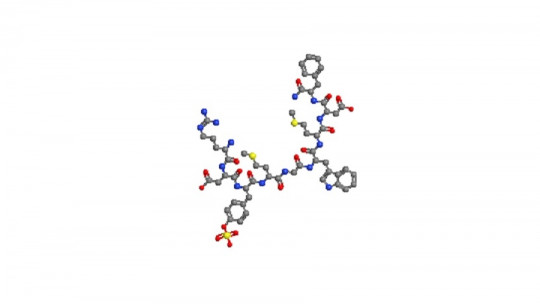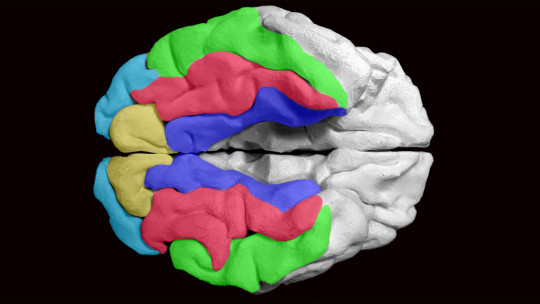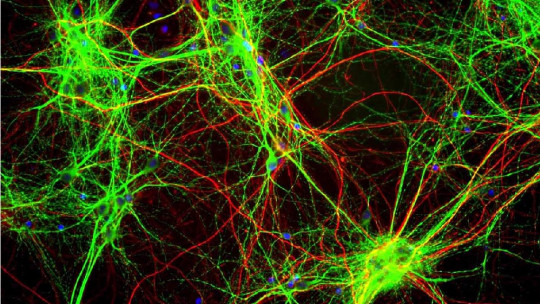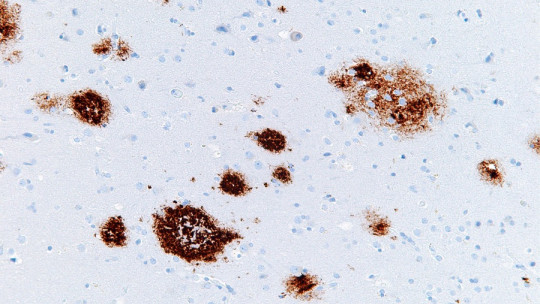In the search for solutions to combat dementia, a key hormone involved in appetite control is gaining attention: leptin. Known primarily for its role in regulating weight and appetite, leptin may also have surprising effects on brain health. As the population ages, dementia, and especially Alzheimer’s, is becoming a growing concern.
Recent research has revealed an intriguing connection between leptin and protection against cognitive decline. These suggest that Adequate levels of leptin could preserve the integrity of white matter in the brain, a crucial factor for cognitive function. This article explores how leptin, often associated with obesity, could offer new hope in the prevention and treatment of dementia, and what implications it has for our understanding of brain health.
What is leptin?
Leptin is a hormone crucial in regulating appetite and metabolism produced mainly by adipose cells, also known as adipocytes, concentrated in fatty tissue. Its main function is to send signals to the brain about the state of fat reserves in the body, allowing efficient regulation of appetite and energy expenditure. When body fat levels are high, leptin increases in the blood and sends a signal to the brain to reduce food intake and increase caloric expenditure. In contrast, when fat stores are low, leptin decreases, which stimulates appetite and reduces energy expenditure.
Leptin acts primarily on the hypothalamus, a region of the brain that controls various metabolic and behavioral functions. By regulating appetite and energy expenditure, leptin plays a key role in maintaining body weight and energy balance. In addition to its role in appetite regulation, leptin is also involved in other relevant biological and biochemical processes, such as neurogenesis (the formation of new neurons) and neuroprotection.
Imbalance in leptin levels, known as leptin resistance, can contribute to the development of metabolic problems such as obesity, and it has been suggested that this imbalance could influence brain health and the risk of neurodegenerative diseases. Current research is exploring how leptin may have a broader impact on brain health and the prevention of diseases such as dementia.
The relationship between obesity and dementia
Obesity is recognized in different research and approaches as a significant risk factor for the development of dementia, including diseases such as Alzheimer’s. This association has attracted the attention of researchers due to the potential implications for the prevention and treatment of these neurodegenerative conditions.
1. Metabolic and physiological alterations
Obesity is characterized, among other things, by an excess of adipose tissue in the body, which leads to a series of metabolic and physiological alterations. One of the proposed mechanisms in relation to dementia is that obesity induces low-grade chronic inflammation and oxidative stress. both associated with brain damage and cognitive decline. Fat tissue, especially visceral, releases adipokines and other pro-inflammatory substances that can negatively affect the brain, damaging nerve cells and altering cognitive function.
2. Vascular disease
Additionally, obesity can contribute to vascular disease, which in turn has been linked to increased risk of dementia. Excess body fat is linked to higher blood pressure, elevated cholesterol levels and type 2 diabetes, all risk factors for cardiovascular disease and stroke. These vascular problems can damage blood vessels in the brain reducing the supply of oxygen and essential nutrients and causing brain injuries that manifest as cognitive impairment.
3. Middle age
Research has shown that the development of obesity in middle age is particularly worrying, as the adverse effects on brain health can accumulate over time and manifest as dementia later in life. The accumulation of fat in the abdomen and the imbalance in leptin levels, which can accompany obesity, could be key factors in this process. This link between obesity and dementia highlights the need for prevention strategies and management that include weight control and regulation of hormones related to appetite.
Leptin and the brain: a protective role?
Leptin, as we have already mentioned, is known mainly for its role in regulating appetite and body weight, and has been shown to have a significant impact on brain health. Recent research suggests that this hormone may also play a protective role against dementia, especially by influencing the integrity of the brain’s white matter.
The white matter in the brain is made up of myelinated nerve fibers that facilitate communication between different brain regions. The integrity of this white matter is crucial for proper cognitive functioning. Recent studies, such as one conducted by the University of Texas Health Science Center in San Antonio, have revealed that higher levels of leptin are associated with better white matter health in middle-aged adults. This finding is significant because white matter degradation is one of the main signs of cognitive decline and neurodegenerative diseases such as Alzheimer’s.
In the aforementioned study, the relationship between leptin and markers of brain damage was analyzed in 2,262 cognitively healthy patients. Greater leptin availability, measured through the leptin-free index, was found to be positively correlated with greater white matter integrity and health, reflected in bioindicators such as anisotropy fraction and mean diffusivity on magnetic resonance imaging ( MRI). These results suggest that Adequate leptin levels could help maintain brain health and protect against damage that precedes dementia.
Leptin appears to influence neuroprotection and cerebrovascular health, and its deficiency could be linked to early changes in white matter structure, which are precursors to dementia. This finding supports the idea that leptin not only regulates appetite and weight, but could also play a crucial role in protecting the brain against cognitive decline.
In summary, while leptin is known for its role in regulating appetite, its positive impact on the health of the brain’s white matter opens new avenues to investigate its potential as a protective factor against dementia. These discoveries underscore the importance of further investigating the role of leptin in brain health and the prevention of neurodegenerative diseases.
Future perspectives and practical applications
The study of leptin and its relationship with brain health opens promising avenues for future research and the development of preventive and therapeutic strategies against dementia. As more data accumulates on how leptin influences white matter integrity and cognitive function, we will be able to delve deeper into the exact mechanisms through which this hormone exerts its protective effects.
One of the future approaches is to conduct clinical trials that evaluate whether modifying leptin levels through pharmacological interventions or lifestyle changes can have a direct impact on the prevention of dementia. For example, strategies that promote optimal leptin levels could include dietary interventions, physical exercise or treatments aimed at improving leptin sensitivity.
Furthermore, the identification of leptin-related biomarkers could facilitate early detection of risks of cognitive decline and allow for a more personalized approach to prevention and treatment. These biomarkers could be integrated into public health programs to monitor and manage dementia risk in vulnerable populations.
The potential impact of these discoveries is considerable, as they could transform the way we approach weight management and brain health. Integrating leptin research into public health strategies could not only reduce the risk of dementia, but also improve the quality of life for millions of people around the world. Continued collaboration between researchers, clinicians, and policy makers will be crucial to translate these findings into effective and accessible practices for all people.
Conclusions
Research on leptin suggests that this hormone, beyond regulating appetite and weight, could play a protective role against dementia by maintaining the integrity and health of the brain’s white matter. The findings highlight the importance of exploring how leptin can influence brain health and offer new perspectives for the prevention and treatment of dementia, opening new opportunities for future public health interventions and strategies.









